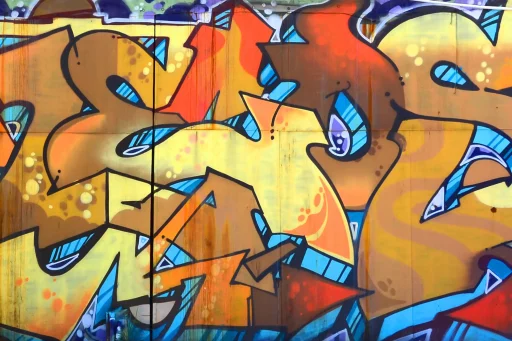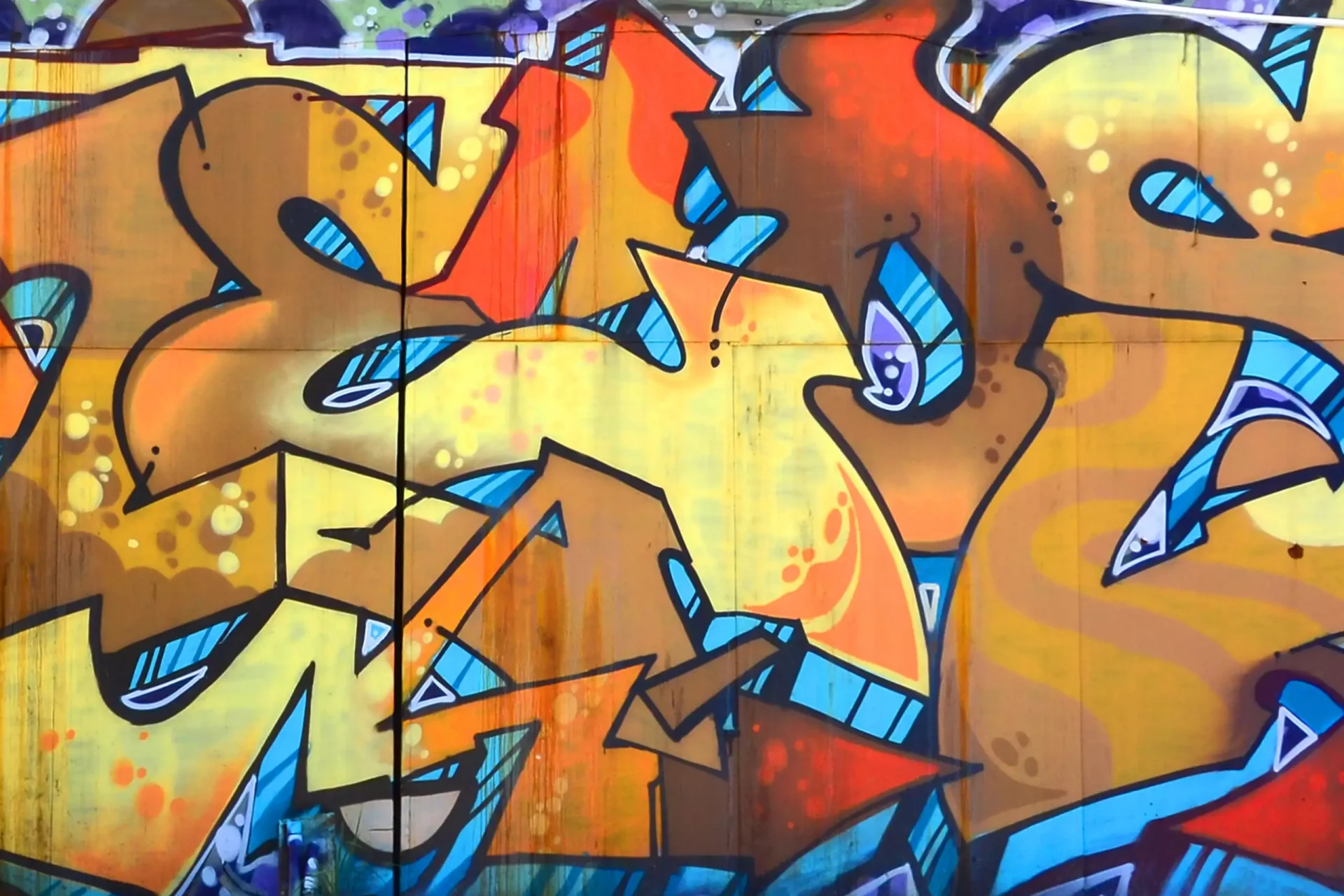Understanding Paid Partnerships on Instagram
In the realm of social media marketing, Instagram has become a powerful platform for brands and influencers to collaborate. One of the key concepts in this space is the ‘paid partnership’ tag. This article will unravel what a paid partnership means on Instagram, its significance, and how brands and influencers leverage it.
Defining Paid Partnerships
A paid partnership on Instagram is a formal agreement between a brand and an influencer where the influencer promotes the brand’s products or services in exchange for compensation. This collaboration often appears as sponsored posts on the influencer’s profile, helping the brand reach a wider audience while the influencer gets paid for their promotional effort.
Why Use Paid Partnerships?
- Increased Reach: Collaborating with influencers allows brands to tap into their follower base, which can result in larger audience engagement.
- Authenticity: Influencers often have a trusted relationship with their followers, which can lead to higher conversion rates compared to traditional advertising methods.
- Targeted Marketing: Brands can choose influencers whose audience aligns with their target market, ensuring that promotions reach the right people.
How to Identify Paid Partnerships
Paid partnerships on Instagram are typically marked by the tag “Paid partnership with [Brand Name]” which appears at the top of the post. This transparency is crucial as it indicates to followers that the post is a sponsored content piece. According to the Federal Trade Commission (FTC), proper disclosure of paid partnerships is a legal requirement.
Case Studies of Successful Paid Partnerships
Several brands have successfully utilized paid partnerships on Instagram to enhance their marketing strategies. Here are two case studies:
Case Study 1: Nike and Influencer Collaborations
Nike has harnessed the power of paid partnerships by working with various influencers around the world. By engaging athletes and fitness enthusiasts to promote their latest lines, Nike not only showcases its products but also cultivates a lifestyle image that resonates with their audience. The use of authentic endorsements from well-known personalities adds credibility and allure to their campaigns, leading to increased sales and brand loyalty.
Case Study 2: Glossier’s Influencer Strategy
Glossier, a beauty brand, has effectively used Instagram to create a community around its products. By partnering with micro-influencers who genuinely love their products, Glossier achieves organic and authentic promotion. These partnerships often lead to significant social media engagement, as followers trust recommendations from influencers who maintain an authentic connection with them. Resulting metrics show that Glossier has seen an exponential increase in brand awareness and sales since implementing this strategy.
Statistics on Paid Partnerships
Understanding the impact of paid partnerships can be quantified through various statistics:
- According to a survey by Influencer Marketing Hub, 89% of marketers say ROI from influencer marketing is comparable to or better than other marketing channels.
- Partnering with micro-influencers (those with 1,000-100,000 followers) has shown a higher engagement rate of 7% compared to 1% for macro-influencers (over 1 million followers).
- Instagram reports that approximately 68% of users feel more connected to brands when interacting with them through influencers.
How to Create a Successful Paid Partnership
For brands and influencers looking to create impactful paid partnerships, consider the following tips:
- Choose the Right Influencer: Look for influencers who share your brand values and have an audience that represents your target market.
- Negotiate Terms Clearly: Ensure that both parties understand compensation, deliverables, and timelines to prevent misunderstandings.
- Create Authentic Content: Let influencers have creative freedom; genuine content resonates better with audiences.
Conclusion
Paid partnerships on Instagram represent a significant opportunity for brands and influencers alike. By understanding the dynamics of these collaborations, brands can effectively reach their target audience while influencers can monetize their platforms. With transparency and authenticity at the heart of these partnerships, both parties can thrive in the expansive world of social media marketing.


